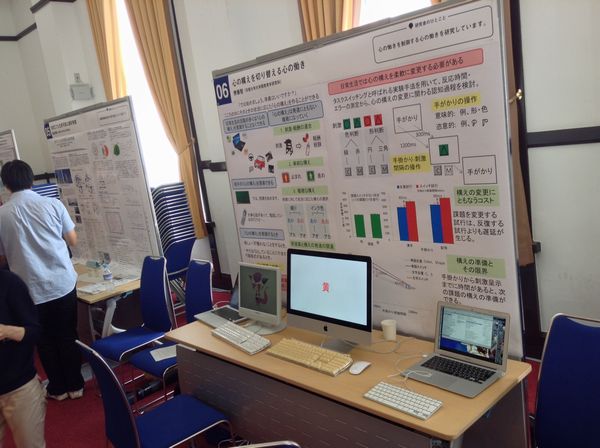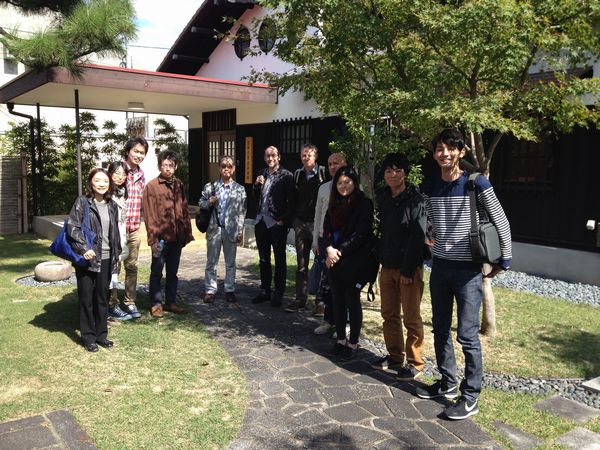Regulating the mental world: A psychological science approach to human executive function
Project Gist
Exploring memory mechanisms that regulate the mental world
Keywords
memory, working memory, cognitive control, executive function
Background, Purpose, and Project Achievements
This research group focuses on an endogenous psychological process – called human executive function – which regulates mental activities following the current task goal. The ability to match actions with the particular goals in individual situations enables the sort of behavioral and cognitive flexibility that promotes biological and social survival. One of the important psychological constructs in this context is working memory, which supports the temporary storage of task-relevant information. We examined the cognitive functions that underpin human mental flexibility by exploring the functions and mechanisms of working memory. The purpose of this project was twofold. One was to examine the basic mechanisms of the role of working memory in executive function, with a particular emphasis on procedural aspects of working memory. We found some similarity between the features of procedural working memory and previously reported mechanisms of working memory. Another purpose of this project was to extend our target phenomena to a social context. We confirmed that executive function plays a crucial role in everyday cognition and social life. In addition to these two research targets, we conducted a theoretical investigation into working memory training, which is a paradigm that is actively employed in this field in order to examine malleability / trainability of cognitive functions. We have been developing an expert theory of working memory training.
Future Prospects
In addition to experimental work on procedural working memory, we conducted an extensive literature review and held discussions on working memory training in the two-year project. In a typical training procedure, experimental participants are trained on a certain type of working memory tasks for a period of time (e.g., four weeks), and then researchers examine whether the effect of training can be transferred to other tasks (e.g., executive function tasks). These transfer effects could potentially provide information as to how working memory underpins executive function. Our project generated a new theoretical framework for understanding working memory training and we will employ this framework to understand the nature and characteristics of memory experts and expert memories.
Figures


Principal Investigator

・Graduate School of Education
・ I completed my PhD at the Graduate School of Education, Kyoto University. Since April 2002, I have been an Associate Professor at the Division of Cognitive Psychology in Education, Kyoto University after working at other universities in Japan for nine years. In 2000 – 2001, I was a visiting fellow at the Department of Experimental Psychology, University of Bristol. My research group examines the functions and mechanisms of human memory, using cognitive and experimental psychological techniques.
